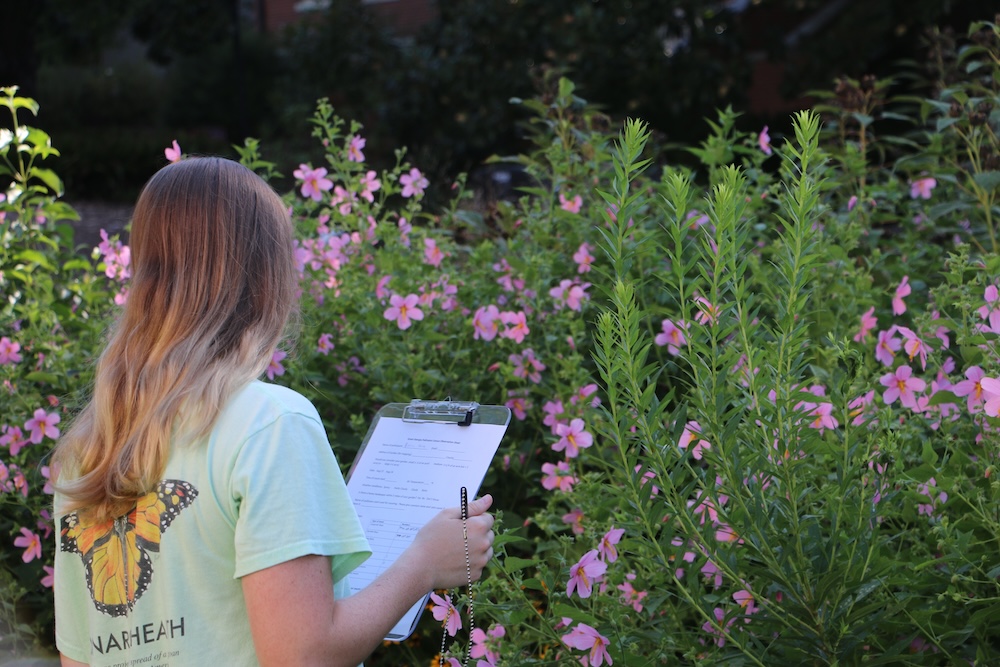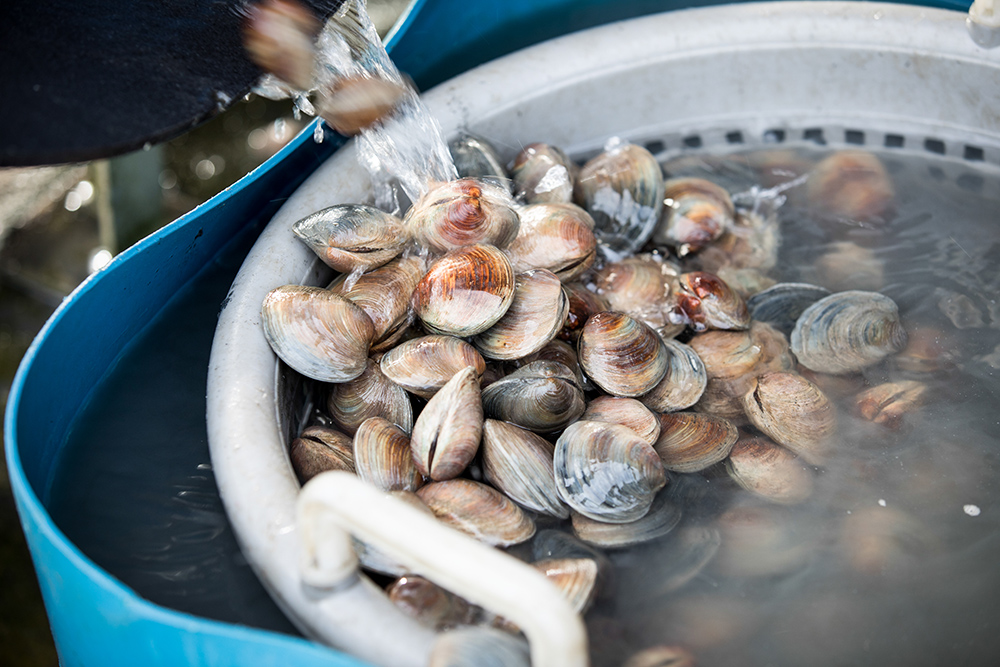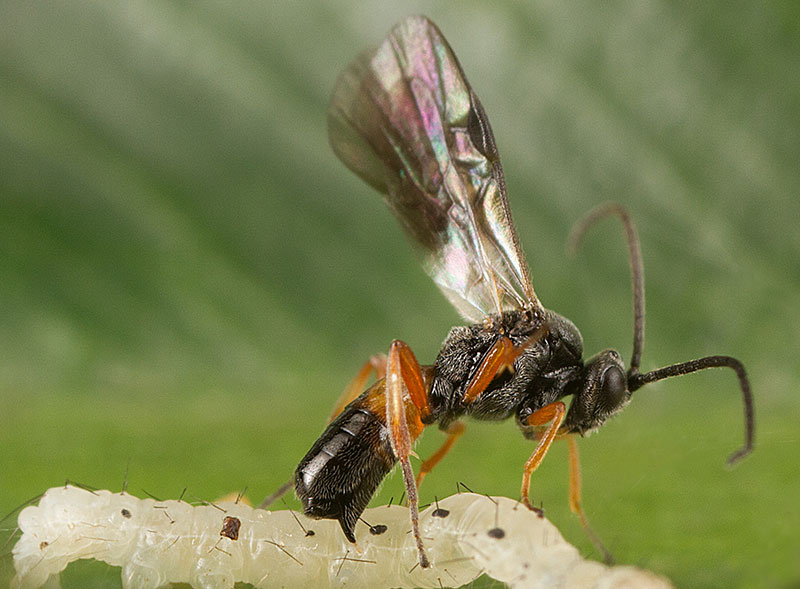
As summer draws to a close, nature enthusiasts, gardeners and residents across the Southeast are gearing up for an exciting citizen science project – the 2024 Great Southeast Pollinator Census. Scheduled for Aug. 23-24, this annual event invites participants from Georgia, North Carolina, South Carolina and Florida to join forces in counting pollinators, collecting valuable data that helps researchers, farmers and policymakers understand pollinator populations and their impact on agriculture.
Initiated by Becky Griffin, school and community garden coordinator for University of Georgia Cooperative Extension, the census aims to raise public awareness about the importance of pollinators and encourage the creation of pollinator-friendly habitats.
The project website offers resources in English and Spanish, including a counting and identification guide to help participants determine which category to select for the various insects they see and learn how to count pollinators during the census.
A regional collaboration
This year marks a significant expansion for the census as Florida officially joins the initiative after a successful pilot program last year. Griffin said she is excited to see what the Florida data will reveal, as the ecosystem differs greatly from Georgia and the Carolinas. The collaboration across states offers a unique opportunity to engage and support pollinator conservation efforts on a larger scale.
“Another benefit is that I’ve had several agricultural researchers contact me hoping to access regional-based numbers, which help them access grant funding for larger projects,” said Griffin. “This data is invaluable not only for these researchers but for farmers and Extension agents. It provides insights into the types of pollinators that naturally occur in specific areas and can inform on-farm production practices for growers who want to attract more pollinators for the services they provide to important crops that require pollination.”
Past census data is available on the website and is broken down to the county level, helping interested growers and residents tailor their habitat to enhance pollinator presence and effectiveness.
Economic value of pollination
Recognizing the importance of pollinator data, Griffin partnered with Sharon Kane, an economist at the Center for Agribusiness and Economic Development, to create a county-level economic value map for pollinators in Georgia. This initiative underscores the critical role pollinators play in agriculture and the broader ecosystem. Pollinators are crucial for the reproduction of over 75% of flowering plants and have a significant economic impact, contributing more than $217 billion globally and $635 million annually to Georgia's economy.
The map provides concrete economic data, enabling stakeholders to visualize the local impact of pollinators. This initiative highlights the ecological and monetary value of pollinators and emphasizes the need for regional, collaborative conservation efforts.
One notable example of how census data has shifted public perception is the growing evidence of flies' roles in pollination. “One of the distinctive features of the Great Southeast Pollinator Census is the inclusion of flies,” Griffin explained. “Since the census began, we've seen how important flies are in the pollination services of some cropping systems. It was kind of a happy accident that I initially included flies as a category because of their ecological services outside of pollination, but it turns out they are more important in pollination than we previously understood.”
Griffin added that the census also highlights the role of beetles, another often overlooked insect. “Many insects, like beetles, are mistakenly thought of as pests, but many of them are truly beneficial to our gardens,” she said. Griffin views the census as a means of educating the public on the diversity and importance of various insects that are often not recognized for their value.
Growing engagement
Griffin is thrilled about the expanding collaboration for this year's census. Bee Friendly Gardening, a national organization committed to helping people plant pollinator habitats around their homes and businesses, has joined forces with the census, promoting the count both nationally and internationally. The Georgia Aquarium has also become an enthusiastic partner. After starting a small urban garden to grow food for their turtles, the aquarium staff incorporated a pollinator habitat. Aquarium employees are participating in the count this year and hope to host a public counting event for next year's census.
The Atlanta History Center will host a 2024 counting event, adding to the growing list of collaborators. "It’s exciting to be contacted by people interested in the census, especially from larger organizations I wouldn’t expect,” Griffin said.
Census participation has grown exponentially since the first official count in 2019, increasing from 4,698 counters to a record-breaking 12,293 in 2023.
“I’ve been asked many times how long I’m going to do this, and truly, my excitement has not dimmed from the first time,” Griffin said. “Every year is different, and I meet new people, and we continue to build momentum, so I’m not willing to move away from this project.”
Join the movement
Griffin encourages people to join the conversation on social media through the Southeast Pollinator Census Facebook page and on Instagram @SoutheastPollinators.
She emphasized that the Great Southeast Pollinator Census is more than just a counting event: It’s a movement to protect and appreciate the diverse pollinators that play a crucial role in our ecosystems.
Griffin said she hopes this year’s census will be the biggest and most impactful yet. So mark your calendars for Aug. 23-24 and join the effort to protect our pollinators, one count at a time. Interested in learning more about creating pollinator habitat? Visit UGA Extension's "Protecting Pollinators" page for additional resources and programs.






